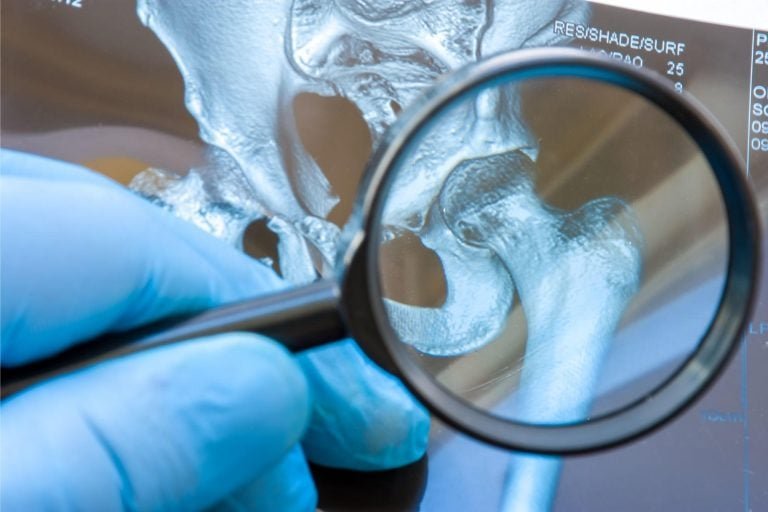A recent study presented at the annual meeting of the Radiological Society of North America (RSNA) has found a potential link between the popular medication levothyroxine and bone loss in older adults.
Levothyroxine, a synthetic version of the hormone thyroxine, is commonly prescribed to treat hypothyroidism, a condition characterized by insufficient production of thyroid hormone. Approximately 23 million Americans take levothyroxine daily, making it the second most frequently prescribed medication for older adults in the US.
The study, conducted by researchers at Johns Hopkins University School of Medicine, found that levothyroxine use was associated with greater loss of total body bone mass and bone density, even in participants with normal thyroid-stimulating hormone (TSH) levels. The study included 81 euthyroid levothyroxine users and 364 non-users, with a median age of 73 and a median follow-up of 6.3 years.
“Our study suggests that even when following current guidelines, levothyroxine use appears to be associated with greater bone loss in older adults,” said Shadpour Demehri, MD, co-senior author and professor of radiology at Johns Hopkins.
The findings of this study are concerning, as excess thyroid hormone has been associated with increased bone fracture risk. The researchers advise that adults taking levothyroxine should discuss their treatment with their healthcare provider and regularly monitor their thyroid function tests.
“A risk-benefit assessment should be conducted, weighing the strength of the indications for treatment against the potential adverse effects of therapy,” said Jennifer Mammen, MD, PhD, co-senior author and associate professor of endocrinology at Johns Hopkins.
As millions of Americans take levothyroxine daily, it is essential to be aware of the potential risks associated with this medication. Further research is needed to fully understand the relationship between levothyroxine and bone loss, but in the meantime, patients should be vigilant about monitoring their bone health and discussing any concerns with their healthcare provider.

















